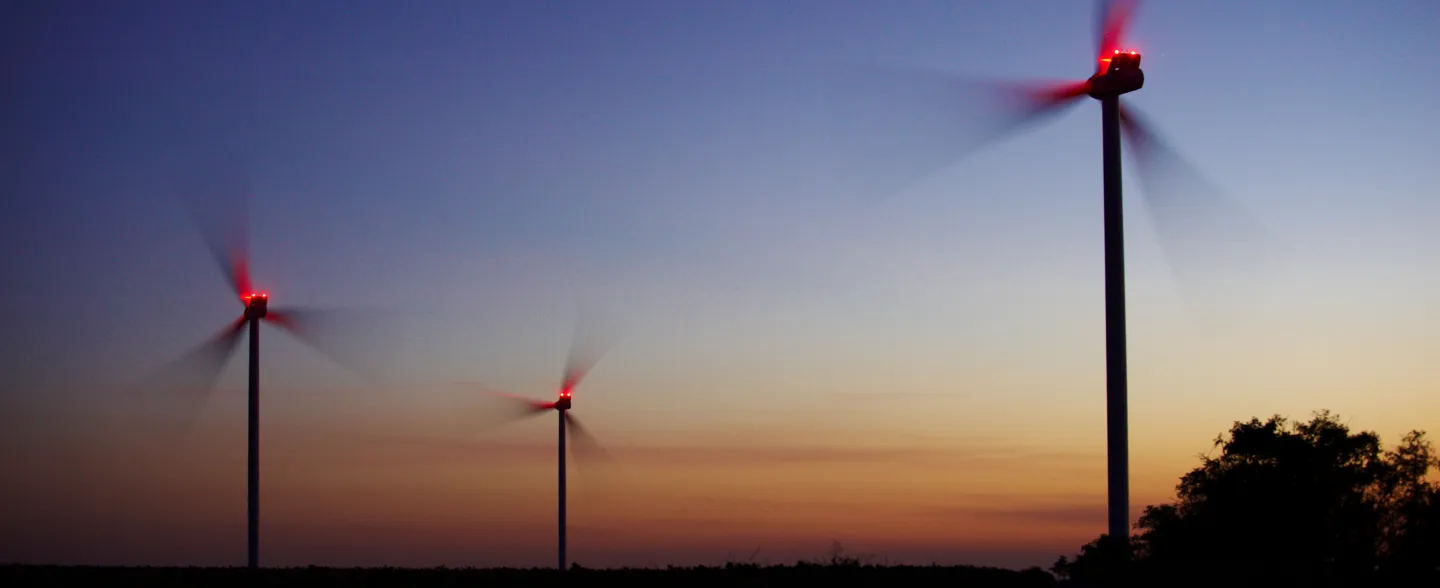Non-contractual use of property
As described in note 21.4 of these financial statements the PGE Group recognises provision for disputes under court proceedings, concerning non-contractual use of properties for distribution activities. In addition, PGE Group is a party to disputes at an earlier stage of proceedings, and it cannot be ruled out that the volume and value of similar disputes will increase in the future.
Contractual liabilities related to purchase of fuels
In accordance with fuel purchase agreements (mainly coal and gas), PGE Group is required to collect a minimum volume of fuel and to not exceed the maximum gas uptake levels in specific periods. Failure to take delivery of the minimum quantities of fuel specified in the contracts may result in the payment of appropriate charges (in the case of gaseous fuel, quantities not taken back by individual CHPs but paid for may be taken back during the following three contractual years).
According to PGE Group, the terms of fuel delivery to its generating assets as described above do not diverge from the terms of delivery to other power stations in Poland.
Commitments to maintain fuel stocks
According to the applicable legislation, an energy enterprise producing electricity or heat is required to maintain fuel stocks in an amount sufficient to ensure continuity of supply of electricity or heat to consumers. In October 2021, the minimum hard coal stockpile was breached at all PGE GiEK S.A. generating units operating on hard coal (Opole Power Plant, Dolna Odra Power Plant, Rybnik Power Plant). By the end of 2021, hard coal stock levels were below the minimum volumes set for the month. The President of the Energy Regulatory Office positively considered the Branches’ applications submitted in November 2021 and issued three separate administrative decisions extending the deadline for rebuilding hard coal stocks in the aforementioned Branches until February 28, 2022.
By the end of February 2022, at the Dolna Odra Power Plant and Rybnik Power Plant the coal stock was rebuilt and exceeded the minimum level indicated in the legislation, while at Opole Power Plant the required coal stock was not rebuilt by this deadline.
The failure to meet the minimum levels of hard coal stocks and the problems in rebuilding these stocks at the Opole Power Plant were driven by a number of factors beyond the Group’s control, including primarily:
-
unforeseen restrictions in coal supply in the months of September 2021-January 2022, the main cause of which were problems occurring on the part of rail carriers as well as the lack of sufficient supply of coal from the largest domestic suppliers,
- blockade of railway tracks for several days in connection with a protest action at PGG S.A.,
- lack of full performance of contractual obligations by some hard coal suppliers,
- an accumulating backlog of rail yard shipments and, on the mines’ side, untimely coal loading,
- no consent from the TSO for all requested reductions in electricity production,
- high (higher than planned) demand on the TSO’s part for electricity from PGE GiEK S.A.’s generating units,
- limitations on the availability of coal from domestic producers as well as restriction of coal supply to system power plants due to priority given to fuel supply to CHP plants,
- restrictions on coal transport to the above-mentioned generating units caused by repair and modernisation works and damage to railway lines in the Upper Silesia region.
Pursuant to art. 56 sec. 1 point 2) of the Energy Law, a fine will be imposed on anyone who fails to comply with the obligation to maintain the fuel stocks, (…), or does not replenish them in time, (…). It should be noted that the mere fact of violating a prohibition or order provided for in the Energy Law results in the imposition of a penalty by the President of the Energy Regulatory Office. As the Opole Power Plant failed to rebuild the required coal reserves by February 28, 2022, the risk of the President of the Energy Regulatory Office imposing a penalty on PGE GiEK S.A. is high. Pursuant to art. 56 sec. 3 of the Energy Law, the penalty may not be lower than PLN 10 thousand and higher than 15% of the penalised enterprise’s revenue generated in the previous tax year, and if the cash penalty is related to a concession activity, then the penalty may not be lower than PLN 10 thousand or higher than 15% of the penalised enterprise’s revenue generated from the concession activity in the previous tax year.
Taking into account the above mentioned reasons, independent from the Group, for not complying and not building the required minimum coal stocks within the designated timeframe, as well as the fact that PGE GiEK S.A. did not have any previous penalties on this account, which should be a premise for appropriate mitigation of the penalty, the Group estimates that the value of the potential penalty calculated should not be significant for the Group, therefore no provisions on this account were recognised in these financial statements.
